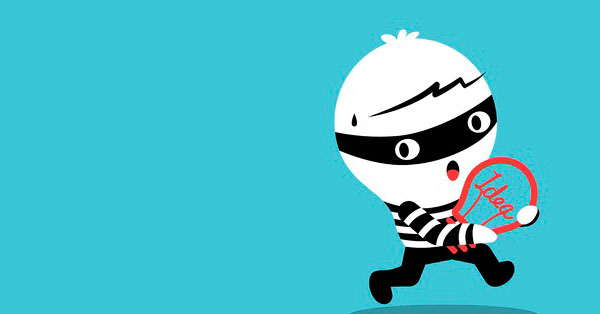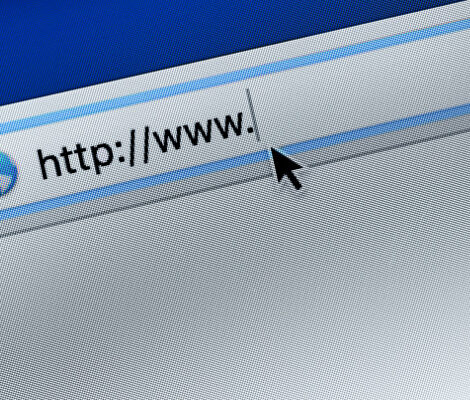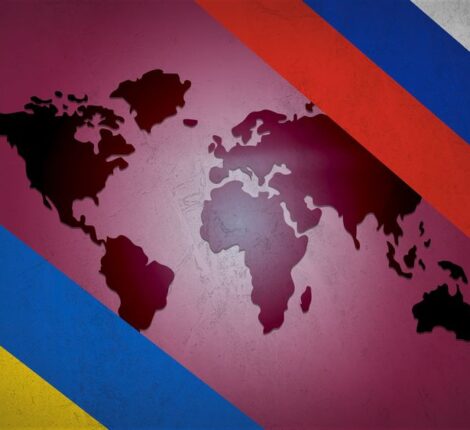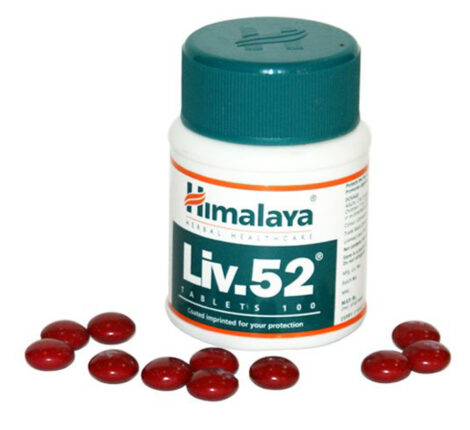Copyright Infringement and Plagiarism
What is a copyright?
Copyright is a lawful term used to depict the rights that makers have over their abstract and masterful works. Works covered by copyright range from books, music, canvases, model, and movies, to PC programs, information bases, commercials, guides, and specialized drawings. The main reason for the protection given to copyright is so as the owner of the copyright can get benefits for the labor of his work, to encourage them to proceed with more work on a continuous basis. For a work to get copyright protection it must be an original work and it must be fixed in a tangible form.
Term of copyright:
Usually, copyright doesn’t need any sort of registration for its protection. When the work made in permanent form, a creator gets the copyright on his creation. The term of the copyright insurance on various works has depicted in Sections 22-29 of part V of the Copyright Act.
The term of the copyright insurance is as referenced beneath:
– The copyright term in respect to published literary, dramatic, musical and artistic works is lifetime of the author plus 60 years from the death of the author.
In case of multiple authors the term is 60 years from the death of last author.
– In case of anonymous and pseudonymous works, the copyright term is 60 years from the date of publication.
– Copyright protection for photographs, cinematograph films, and sound recordings is 60 years from the date of publication.
What is a copyright infringement?
Copyright is a part of Intellectual Property Rights and an lawful right given by the law to the maker on his creation. As a maker, they have rights to enjoy the monetary and different advantages related according to the work in question as per the law. Infringement of Copyright law would prompt legal action.
Copyright infringement is the utilization or creation of copyright-ensured material without the authorization of the copyright holder. It implies that the rights stood to the copyright holder, for example the exclusive utilization of a work for a set timeframe, are being infringed by a third party.
Music and films are two of the most notable types of amusement that experience the ill effects of huge measures of copyright infringement.
When a third party uses or produces such copyright of the actual owner without its permission, infringement occurs. Companies and individuals invest a lot so that they could exclusively use their copyright and to protect it from being infringed. A person can use such copyright only if they get the license to use it from the actual owner of the copyright.
People and organizations who develop new works and register for copyright security do as such to guarantee that they can benefit from their endeavors. Different parties might be allowed authorization to utilize those works through various permissions and licenses, or they may buy the works from the copyright holder.
According to the Section 51 of part XI of the Copyright Act, utilizing any copyrighted work without the consent of a copyright holder is an infringement of copyright law and the accompanying occurrences could be considered as infringement of copyright. Any individual who engages in infringement of a copyright is solely responsible for the same. Some of the acts that are considered to be an infringement are:
– Performing openly with no assent of the holder.
– Utilizing copyrighted work for any sort of business which brings monetary advantage.
– Dispersing with the end goal of exchange or import.
– Reproducing of considerable piece of copyrighted work in any material form.
– Circulating among the unapproved people.
– Adapting or translating of copyright work with no authorization.
– Resale or leasing of copyrighted material to other people.
What is Plagiarism?
Oxford English Dictionary characterizes Plagiarism as the “wrongful appropriation” and “stealing furthermore, distribution” of another creator’s “language, musings, thoughts, or articulations” and the portrayal of them as one’s own unique work. Plagiarism is not equivalent to copyright infringement. While both the terms may apply to a specific act they are different terms.
Copyright infringement refers to infringement of the rights which are exclusive of the copyright holder and may lead to legal consequences. Instances of copyright infringement may consist of acquiring critical segments of another’s work for the making of a new work, then producing and distributing unapproved duplicates of a sound recording or video, or freely playing out another’s work without authorization from the copyright holder regardless of whether the first work is referred to. The Copyright law recognizes a few exemptions and impediments to copyright that don’t comprise infringement.
Plagiarism includes utilizing another’s work without attribution as though it were one’s own unique work. It is viewed as a moral offense and can be inconvenient to one’s scholarly standing and respectability. It is conceivable to plagiarize, without infringing one’s copyright and vice versa, and can also occur simultaneously.
To put it plainly, copyright infringement is a broad term established in the law that covers a wide scope of unlawful exercises that abuse the rights (allowed by the law) to copyright holders. Yet, where copyright infringement is a build of the law, and plagiarism is a develop of morals. ‘Most things that can be plagiarized could be copyrighted’ An individual can plagiarize nearly anything, including works that are not secured by Copyright. If you somehow happened to profess to have stated “Romeo Juliet”, for instance it would be a plagiarism yet not a copyright infringement in light of the fact that the play is in the public area and isn’t secured by copyright.
To sum up the difference, plagiarism is an infringement of scholarly standards yet not unlawful; copyright infringement is illicit but rather very basic in scholarly world. Plagiarism is an offense against the creator, copyright infringement is an offense against the copyright holder. Plagiarism occurs when thoughts are replicated whereas copyright infringement happens when a work in permanent form is duplicated and can be avoided by giving appropriate credit whereas infringement is tied in with monetary benefits, and is harder to avoid in case infringed.
Conclusion:
In spite of the fact that plagiarism and copyright infringement frequently overlap, but it is essential to keep in mind that the two are not same. Plagiarism is a moral build and copyright infringement is a legal one. The most important point is that while copyright infringement affects the the copyright holder(s), plagiarism affects the copyright holder(s) as well as the individuals who are/were ignorant about the inception of the work.




